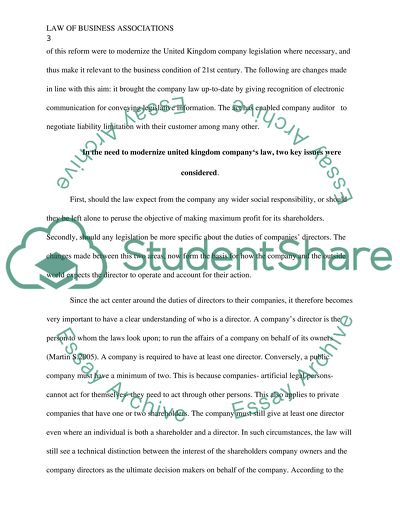Cite this document
(“Law of Business Associations Coursework Example | Topics and Well Written Essays - 2750 words”, n.d.)
Retrieved from https://studentshare.org/law/1396248-law-of-business-associations
Retrieved from https://studentshare.org/law/1396248-law-of-business-associations
(Law of Business Associations Coursework Example | Topics and Well Written Essays - 2750 Words)
https://studentshare.org/law/1396248-law-of-business-associations.
https://studentshare.org/law/1396248-law-of-business-associations.
“Law of Business Associations Coursework Example | Topics and Well Written Essays - 2750 Words”, n.d. https://studentshare.org/law/1396248-law-of-business-associations.


